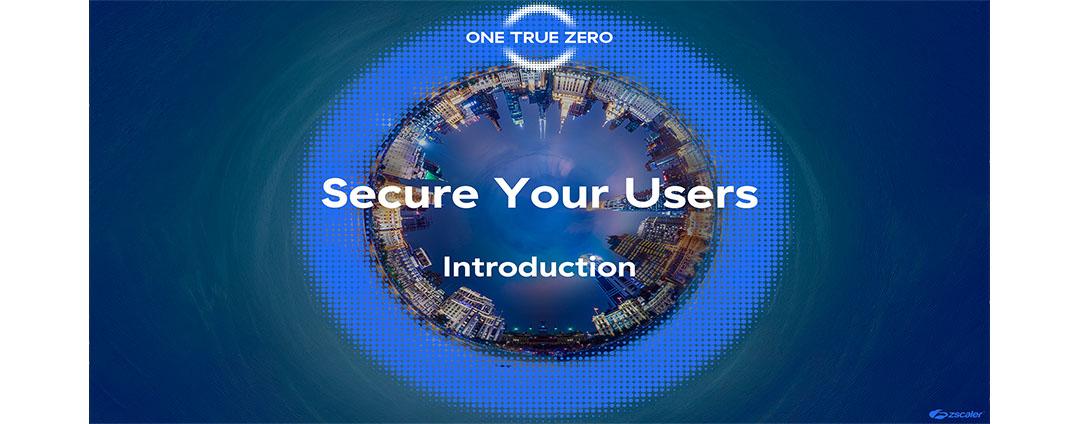Generative Artificial Intelligence (AI) has been the talk of the cyber community ever since ChatGPT came into existence. While most people are zeroing in on the benefits and risks of said technology, it is important for us to take a step back and ask ourselves: has this been the first time we’ve seen such a debate about a new technology? Not really. From the advent of the Internet of Things to 5G networks, we have seen the same debate come about over and over again. However, if we delve deeper from a cybersecurity perspective, the same challenges seem to arise with each new generation of technology.
As we reap the benefits of these new technologies, it is undeniable that every new addition significantly expands the attack surface. Couple the increase in entry points with advanced threats–like evolving ransomware attacks–and IT teams are tasked with the impossible task of tracking and blocking attacks from multiple sources. In fact, a recent study on alert fatigue found that more than half of the respondents received over 500 public cloud security alerts daily, and 55 percent also shared that critical alerts are being missed on a weekly, and even daily, basis. IT teams are facing increased dwell times and successful infections–taking over nine months on average to identify and contain data breaches. Companies need to reverse this trend given the added scrutiny lawmakers are placing in various Asian markets.
The evergreen approach: zero trust
Regardless of the technology being adopted, zero trust provides a holistic approach to securing modern enterprises. Hinging on least-privileged access and that no user or application should be inherently trusted, communications between users and workloads or even workload and workload are blocked until validated by identity-based policies. Armed with the zero trust approach, organizations will be able to:
1.Strengthens security against advanced threats
With zero trust validation across any network environment, enterprises no longer need to rely on the network location of an entity or rigid network segmentation to secure their organizations against advanced threats or web application attacks. This essentially helps IT teams to broaden the security, especially for sensitive data.
2. Simplifies network security
A zero trust-based architecture enables more visibility and control over the enterprises’ infrastructure–allowing the business to simplify infrastructure while also reducing the cost and complexity of legacy network security. Enterprises no longer need to be concerned about which entity is connecting to which network as with zero trust; all entities are directly connected based on the business policies–regardless of origin or destination.
3. Provides secure remote access
Zero trust is not all about keeping threats out–it is also about how enterprises can securely provide access to a wide range of users, from employees to third-party partners. As access does not need to be tied to specific traffic flows, enterprises are better positioned to secure remote access to applications compared to when they were using traditional firewalls and VPNs.
Leveraging managed security services partnerships to help enterprises on their zero trust journey
The benefits of zero trust are evident to most but deploying it can be a challenge, especially with lean IT teams. We understand this challenge and have been partnering with organizations like Singtel in Asia to launch Managed Security Services (MSS) partnership that can help enterprises leverage the Zscaler Zero Trust Exchange effectively for the secure delivery of digital transformation initiatives and hybrid work models in the face of increased cyberthreats.
Our partnership with Singtel—a first for Asia—will deliver a holistic solution that addresses the security concerns and requirements of today’s digital businesses and future-proofs security for the enterprise. Enterprises of all shapes and sizes will now have seamless access to the Zero Trust Exchange through Singtel’s Managed Security Service Edge (MSSE) suite of services, which include pre-sales to post-sales support from dedicated cybersecurity experts as well as resources such as platform consultation, build implementation, maintenance and, round-the-clock threat mitigation.
We have a common goal with our partners and are committed to offering a simpler, scalable, and managed security solution that helps customers reduce cost and complexities in their security stack.
To learn more about our partner program, head over to our Partner Portal.
To learn more about Zscaler and Singtel MSSP, delve into the “Unlocking the full potential of zero trust with a trusted Managed Security Service Provider” ebook.






